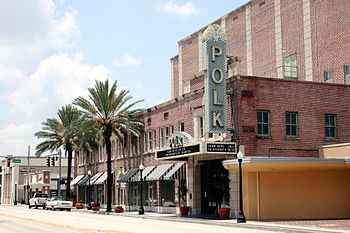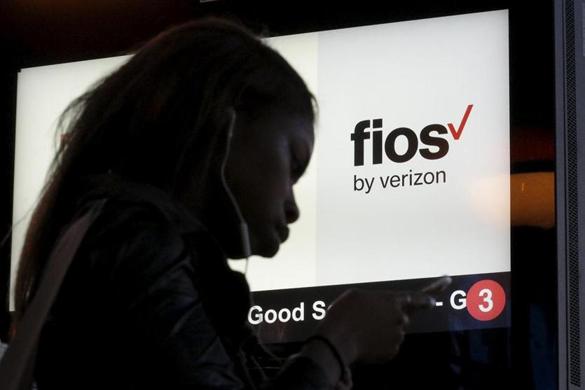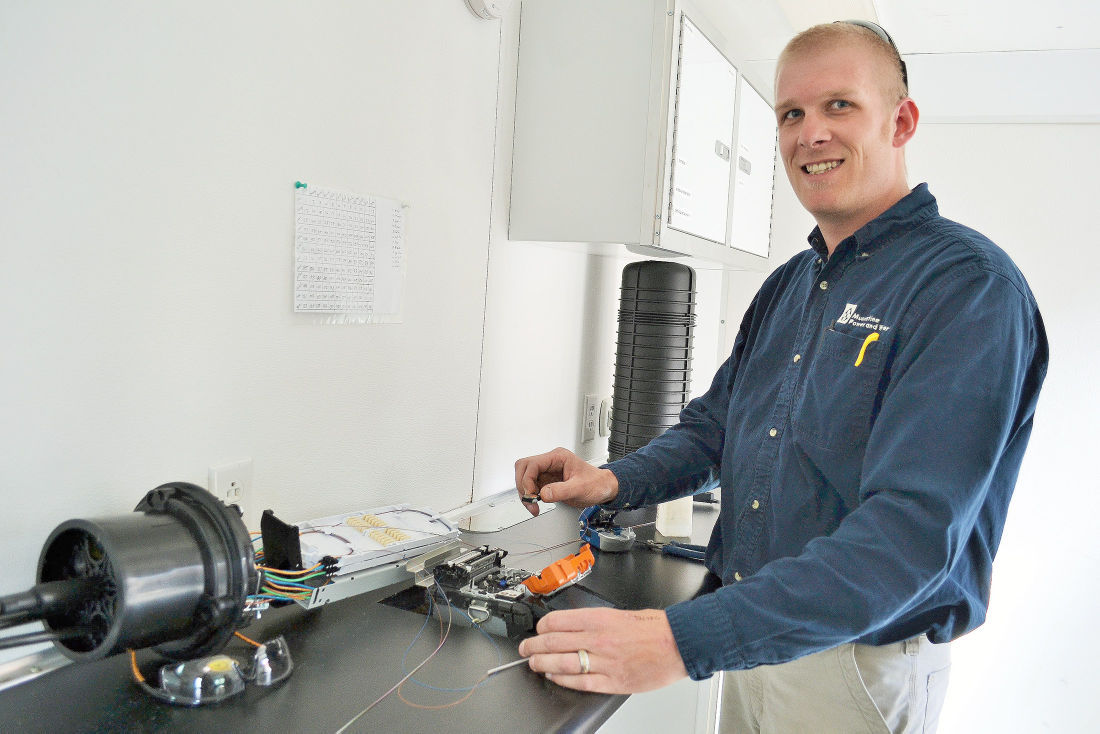
© Flickr/cc-licence/Gunther Hagleitner
San Francisco performed an impartial and thorough review of different options to deliver broadband service throughout the city and determined open-access is the least riskiest and best way to offer broadband service in the city. This is just an analysis with recommendation. The city council will ultimately determine which direction to go, and as we know it may not always be the most prudent for citizens.
- New report looks at financing models for a municipal Gigabit network
- 12% of the city’s population does not have Internet access at home
- Public and private development and ownership investigated
- Network build-out costs range from $393m to $867m
Given its proximity to Silicon Valley, and the large numbers of wealthy tech founders who have managed to push up local housing prices to astronomical heights, you would think that San Francisco would be a shining beacon in the world of high-speed broadband and connected cities. Think again. Around 12 per cent of the population of San Francisco do not have any Internet access at home, and an additional 6 per cent only have access to dial-up speed Internet. But things may be about to change; and we don’t mean the selective, cherry-picked approach from Google Fiber. City Supervisor Mark Farrell had asked the Budget and Legislative Analyst’s Office for a financial analysis of a municipal fibre network to provide Internet access to all residential, commercial and industrial premises in San Francisco at speeds of a least 1Gbps, with the capacity to increase in the future as the definition of high speed or broadband changes. He wanted to evaluate three different approaches: Continue reading









